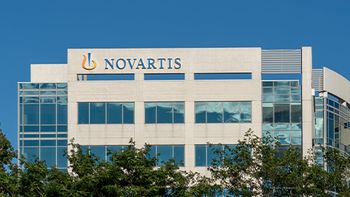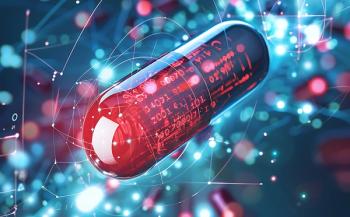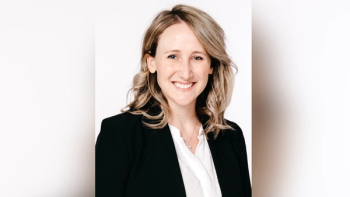
- Pharmaceutical Commerce - November/December 2016
ATCC broadens its resources for cell lines to research cancer
New resources for precision medicine
A flurry of announcements from American Type Cell Culture (ATCC; Manassas, VA) signal a major commitment to new resources and capabilities in providing cells and cancer “models” (a term that refers to cell lines with particular genomic characteristics) to academic and commercial researchers. ATCC, a nonprofit, has been for years a repository of human cells, bacteria, yeasts and viruses; it also develops standardized materials and protocols for working with these biological materials in drug development and research.
In July, the National Cancer Institute announced the formation of the Human Cancer Models Initiative, which brought together NCI with Cancer Research UK, the Wellcome Trust Sanger Institute and the foundation Hubrecht Organoid Technology. Together, these organizations will “generate new models of cancer that more accurately represent human tumors,” according to an NCI statement. Of particular interest is the development of “organoids,” which are three-dimensional organ-buds, grown in vitro, that show realistic micro-anatomy. That technology itself is only a few years old. NCI contracts with a company called Leidos Biomed to manage a biorepository in Frederick, MD, said to be one of the world’s largest. Leidos, in turn, is subcontracting the management of the facility to ATCC.
Under a separate contract, NCI has chosen ATCC to manage the intake, authentication, production marketing and distribution of the cancer models. These models “will be generated using tumor tissue from patients with a variety of cancer types, including rare and pediatric cancers, and will include a complete genetic analysis and anonymized clinical information about the patients and their tumors, including their response to treatment,” according to ATCC.
And in May, ATCC renewed a multiyear contract with the National Institute of Allergy and Infectious Diseases to manage a repository of those biologic samples and compounds. This contract work has been ongoing since 2003.
Finally, ATCC announced a collaboration with BioAgilytix, a leading bioanalytical testing laboratory specializing in large molecule bioanalysis. Together, the organizations will develop new and custom cell lines, with ATCC providing reagents and cells complementing the bioassays BioAgilytix develops. The technology is said to “establish the potency and stability of therapeutic products and help establish their safety and efficacy profiles.”
On its own, ATCC maintains a 126,000-sq. ft. facility in Manassas that contains 200 freezers, including vapor-phase nitrogen freezers, mechanical freezers and cold rooms. Some 3,400 cell lines are maintained there.
Articles in this issue
about 9 years ago
The medical crisis that didn’t happenabout 9 years ago
A conversation with Jim Mullen, Patheonabout 9 years ago
Active packaging protects oral solid formulationsabout 9 years ago
A new approach to pharma supply-chain collaborationabout 9 years ago
Pharma traceability: year in reviewabout 9 years ago
Pharma seeks growth in eyecareabout 9 years ago
Putting drug administration in patient’s handsabout 9 years ago
Targeting the gatekeepers in long term careNewsletter
Stay ahead in the life sciences industry with Pharmaceutical Commerce, the latest news, trends, and strategies in drug distribution, commercialization, and market access.





